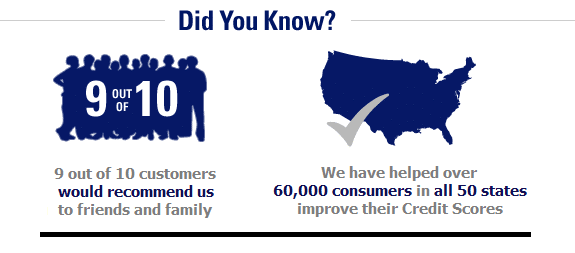Will Settling A Collection Account Hurt My Credit?
Will settling a collection account help your credit scores? Or could it harm your scores?
If you can afford to settle this debt, it’s a good idea to do so, but not for the reasons you may think. As far as your credit reports are concerned, there are three types of negative items that may already appear on your credit reports:
- Charge-off. The original account is likely listed as a charged-off account on your credit reports. This account status will remain on your reports for seven years from the date the account was charged off.
- Collection account. The current collection agency is likely listing the account on your reports as a collection account. Collection accounts may be reported for seven years and 180 days from the date you fell behind on the original account leading up to when it was placed for collection. (For practical purposes, this usually means the collection account is reported seven years from the date the account was charged off.)
- Judgment. A judgment can be reported for seven years from the date it was entered by the court (if paid) or until the governing statute of limitations expires (10 – 20 years in many states).
With all of these items, the damage has been done so paying or settling the debt isn’t likely to improve your credit scores.
If settling won’t help your credit scores, then why pay at all?
First, if the collection agency doesn’t have a judgment against you, then settling the debt before it gets to that point can help you avoid another damaging item on your credit reports. But more importantly, once a judgment is obtained against you it can be a lot easier for the judgment creditor to collect from you. Depending on the laws in your state, it may be able to go after your wages (wage garnishment) or property (such as bank accounts) to collect.
As far as your credit goes, don’t expect your credit scores to improve because you settle. But they aren’t likely to get worse, either. Settling won’t extend the length of time the items above can be reported, nor will it make the debts appear “new.” Once you’ve resolved them, though, the balances should be reported as zero. Check your credit reports about two months after you’ve paid it to confirm that’s the case.
What you are trying to do now is put this debt behind you and avoid further expense and complications that come with having an outstanding collection account and judgment against you. Once the debt is resolved, you can focus on rebuilding your credit.
Finally, be sure to get a written agreement before you pay them. It should clearly spell out the terms of the deal and the fact that there will be no remaining balance. If you are settling before they have actually taken you to court, then make sure they state they will drop the lawsuit if you meet the terms of the settlement. If you just get a verbal agreement, the collector may try to collect the remaining balance or sell it to another collection agency. I’ve seen that happen.I am not an attorney and this is not legal advice.
Source: Credit.com (http://s.tt/1g7vH)












